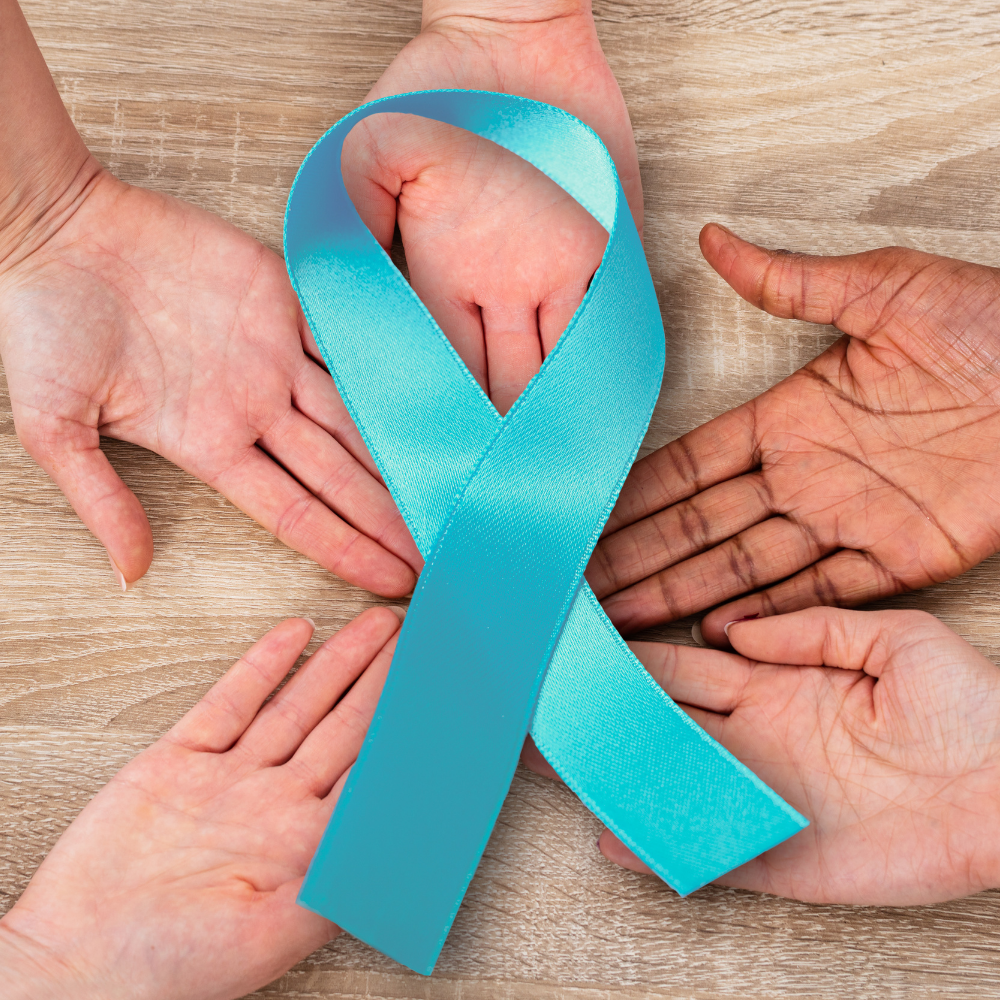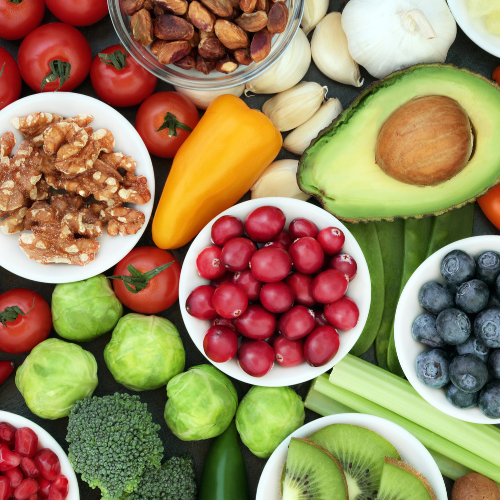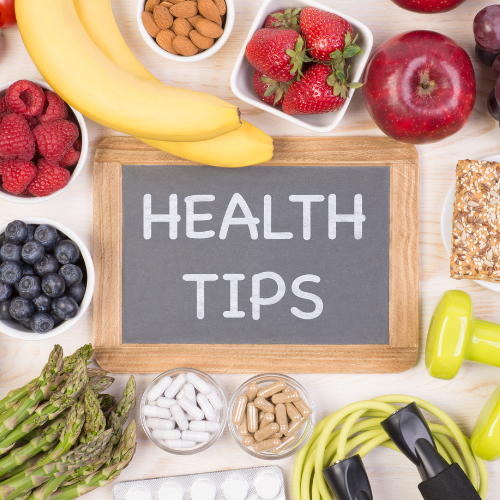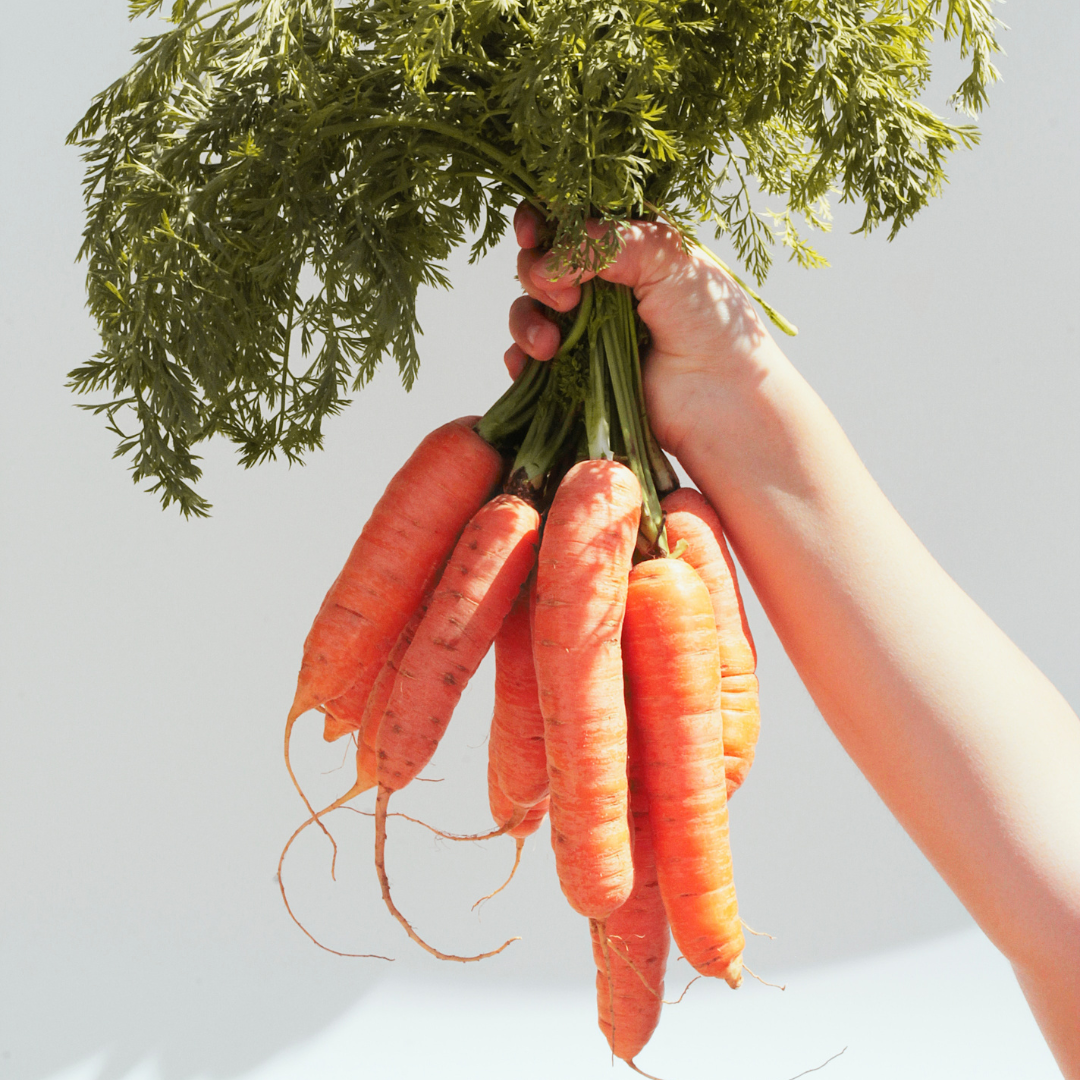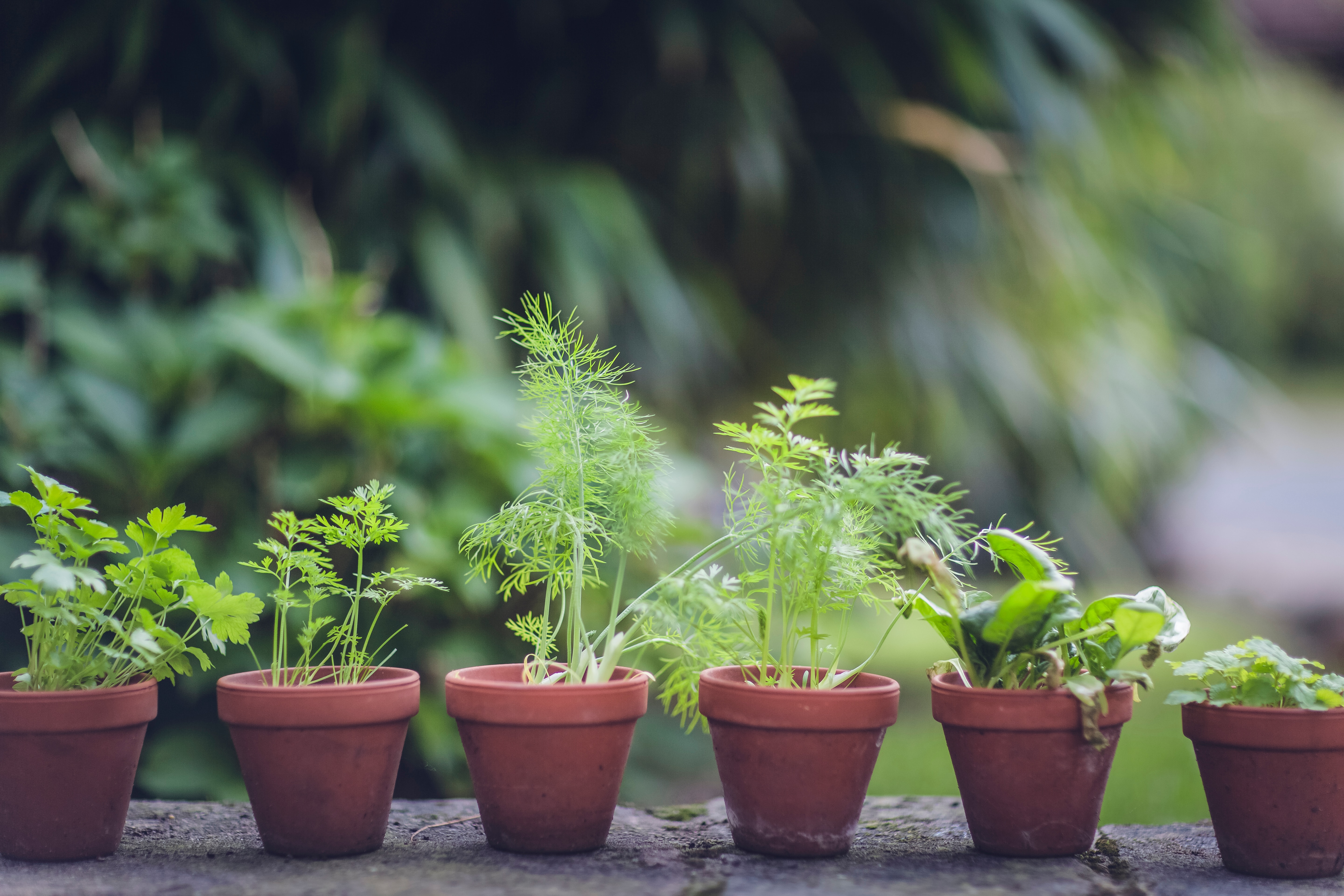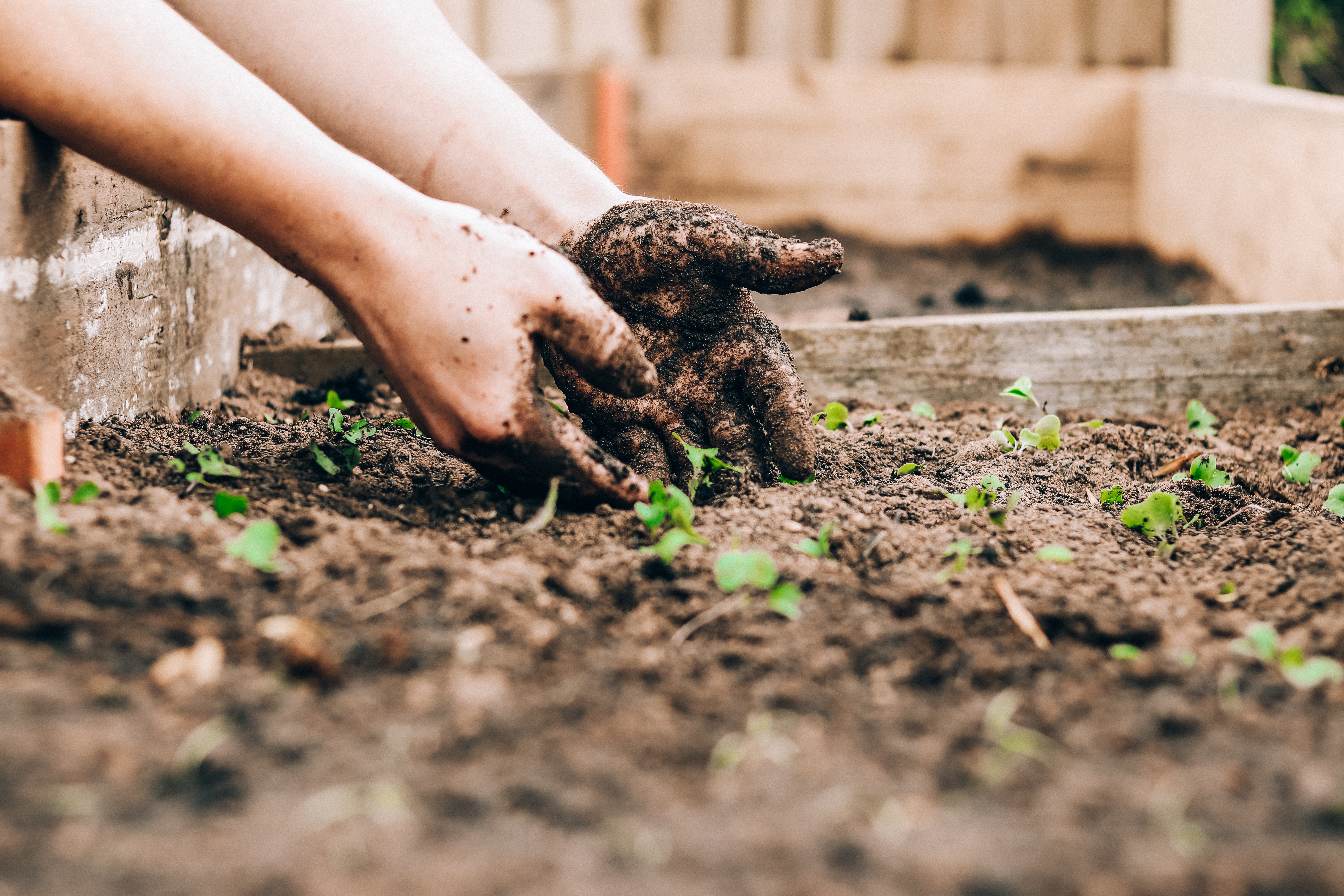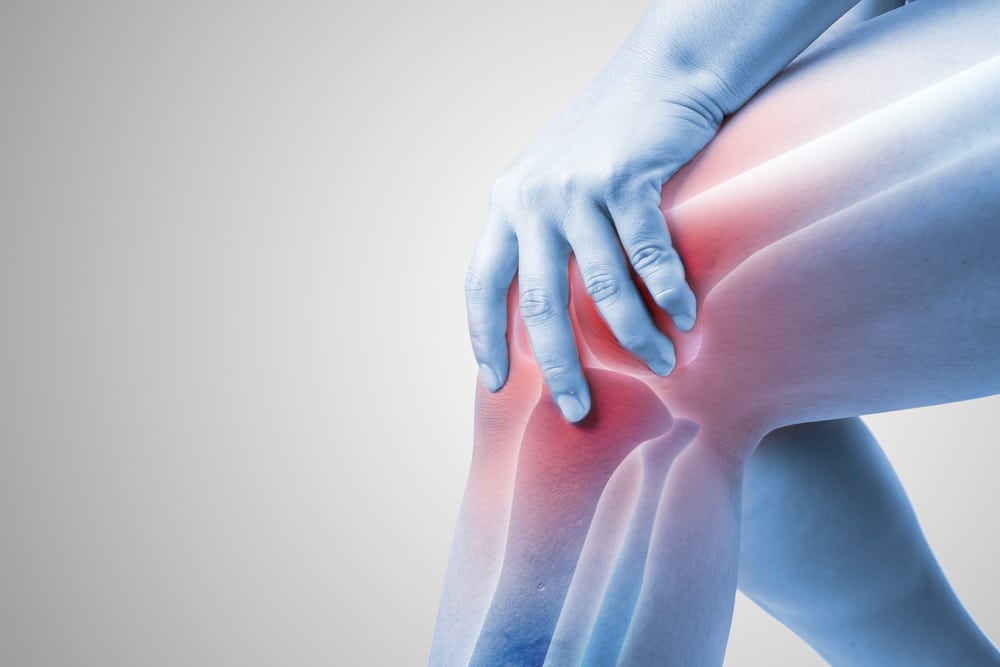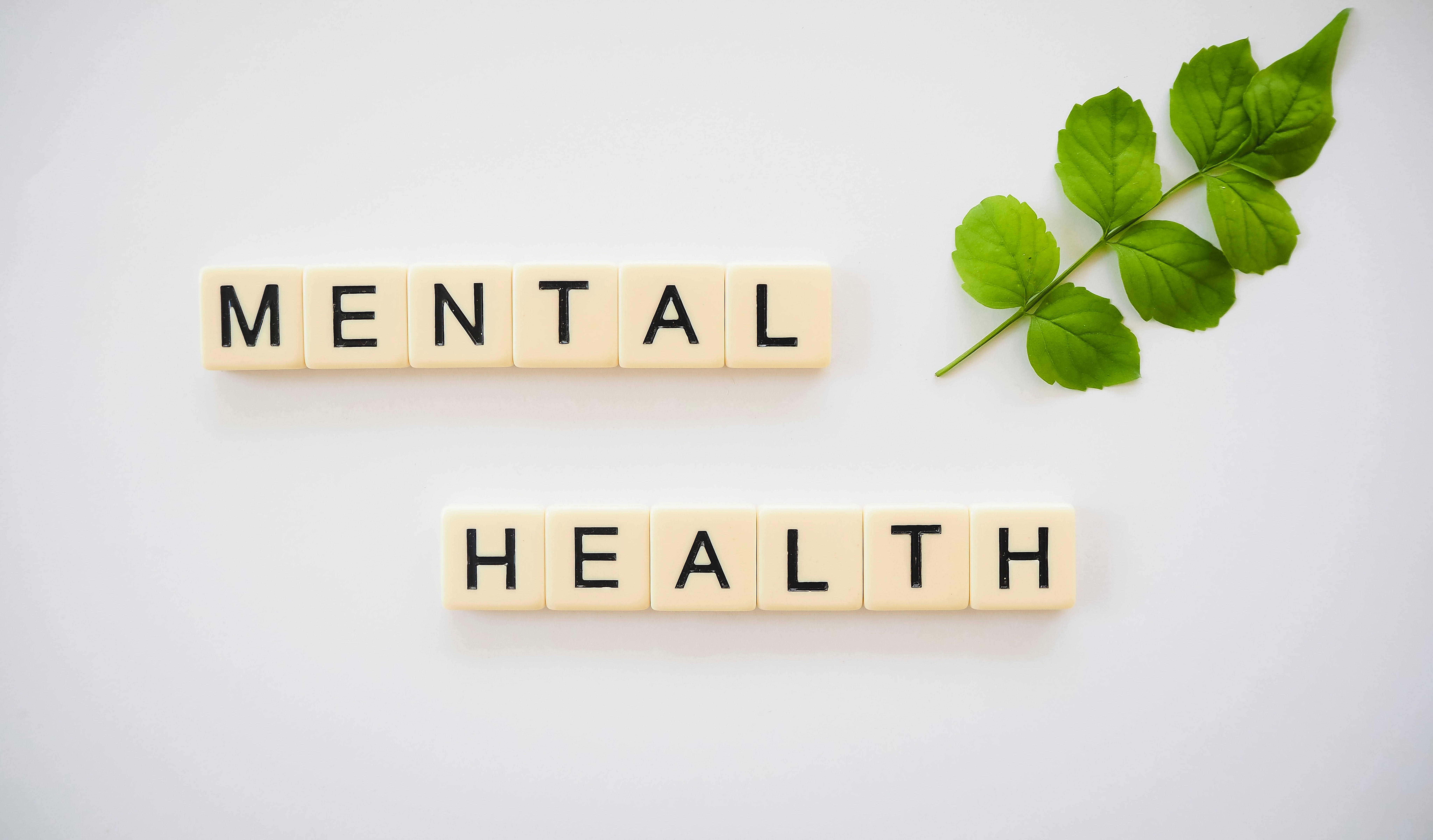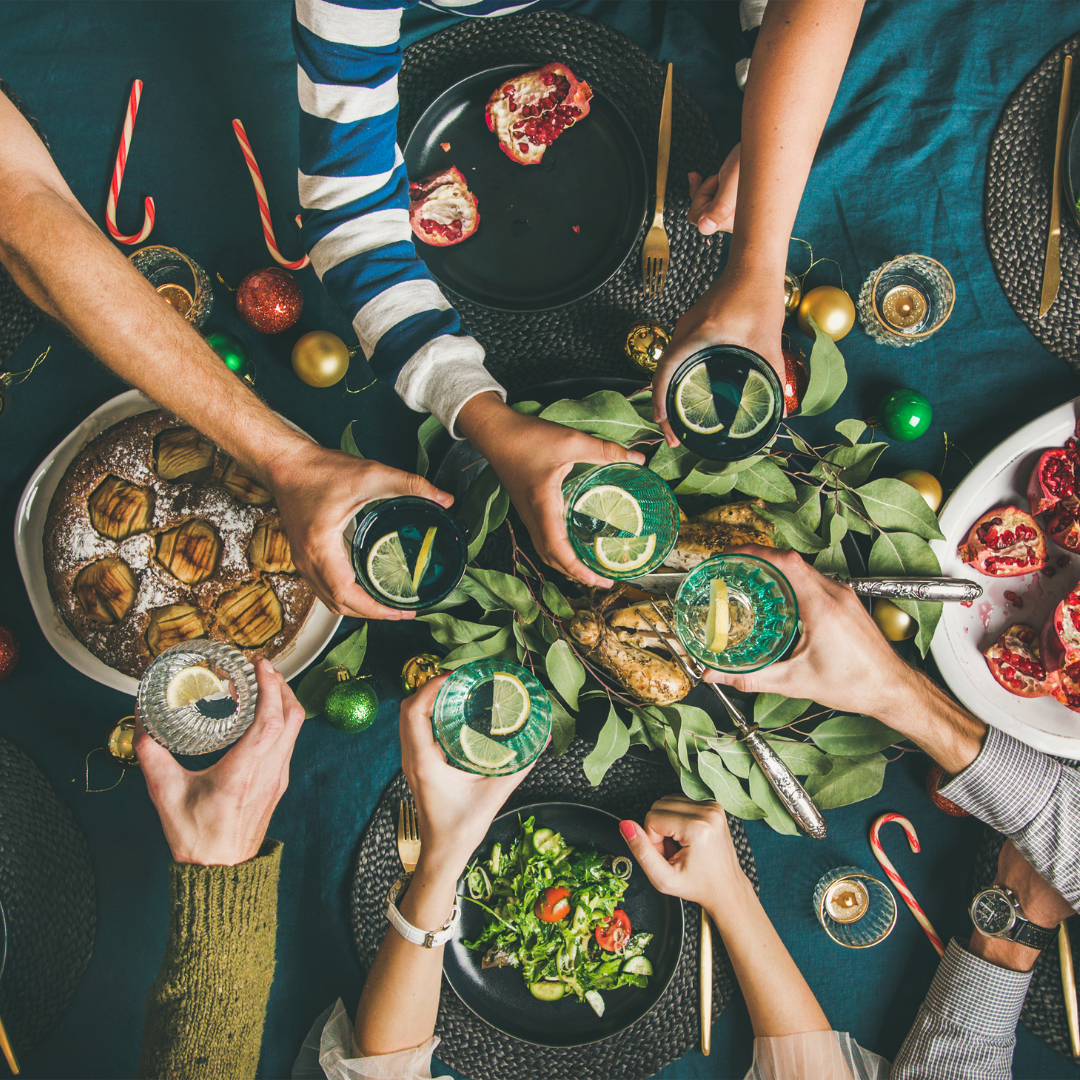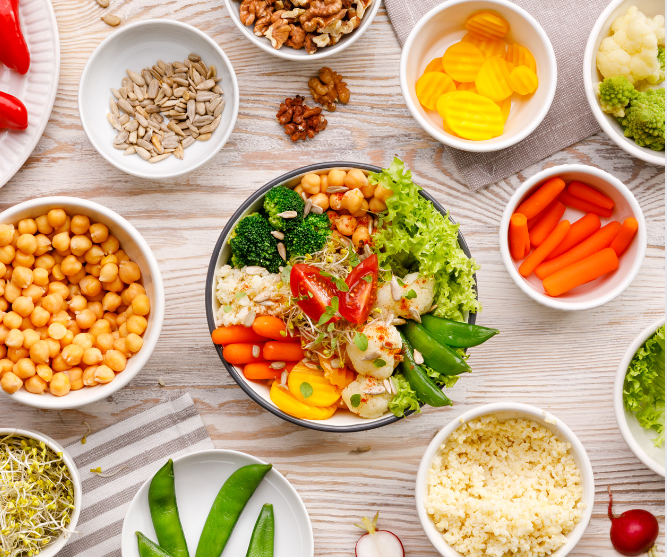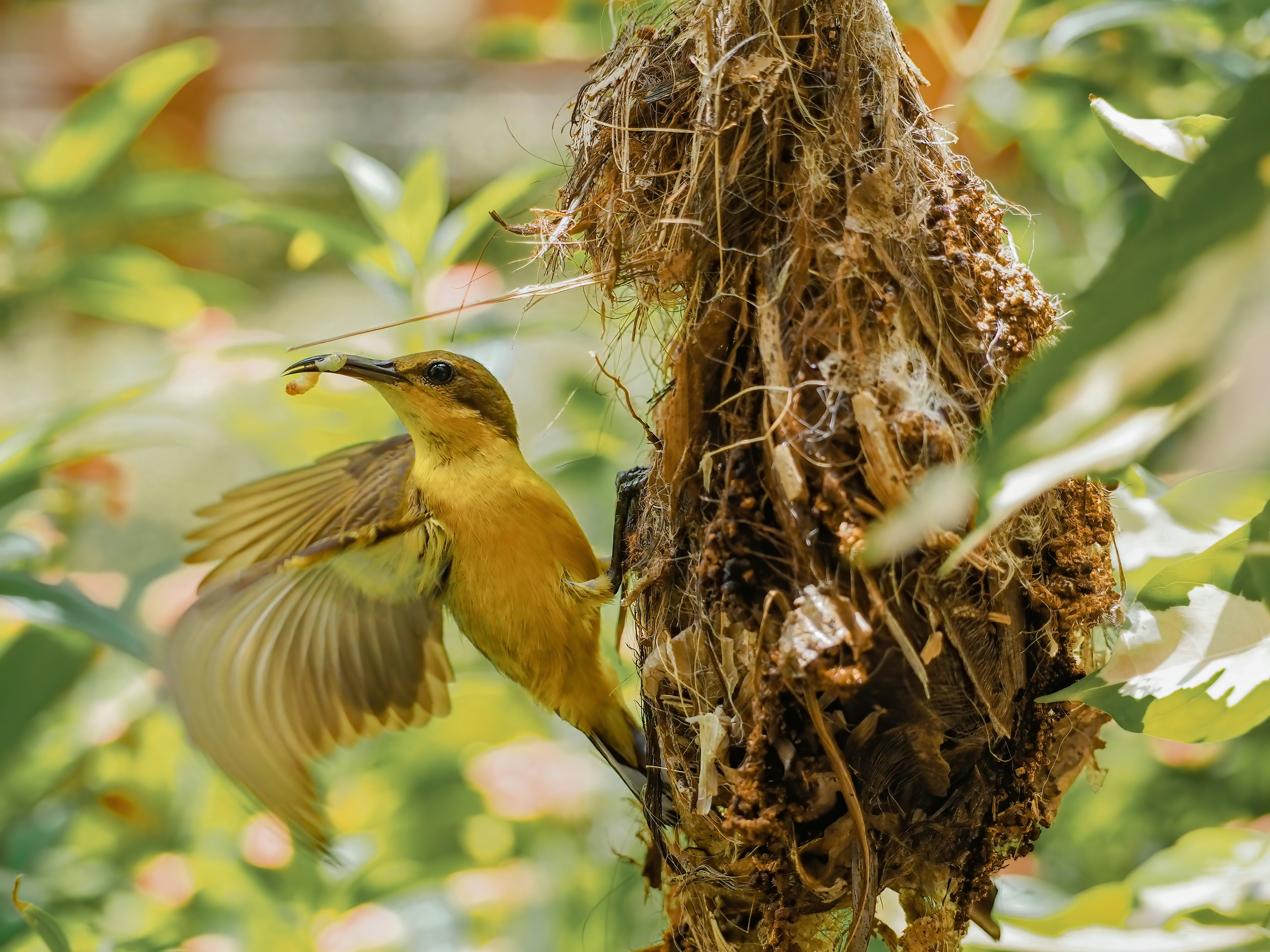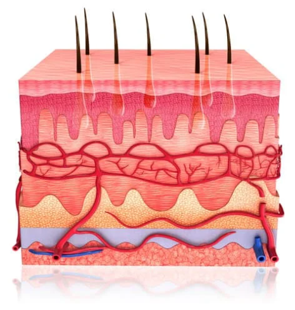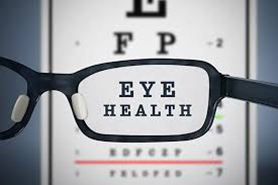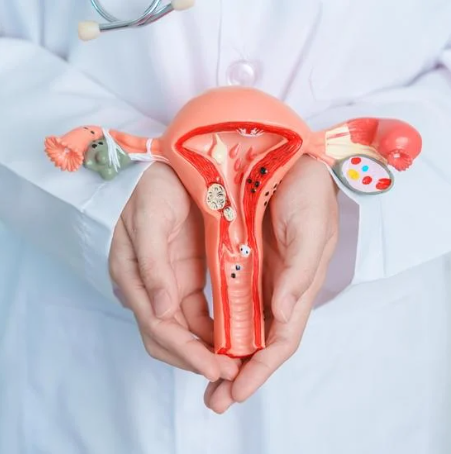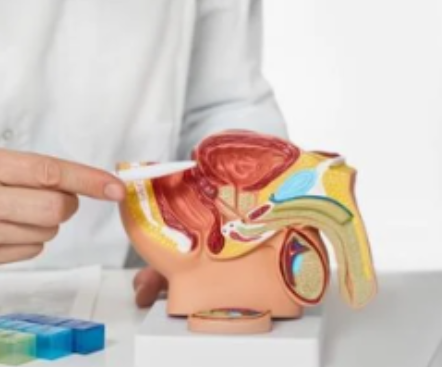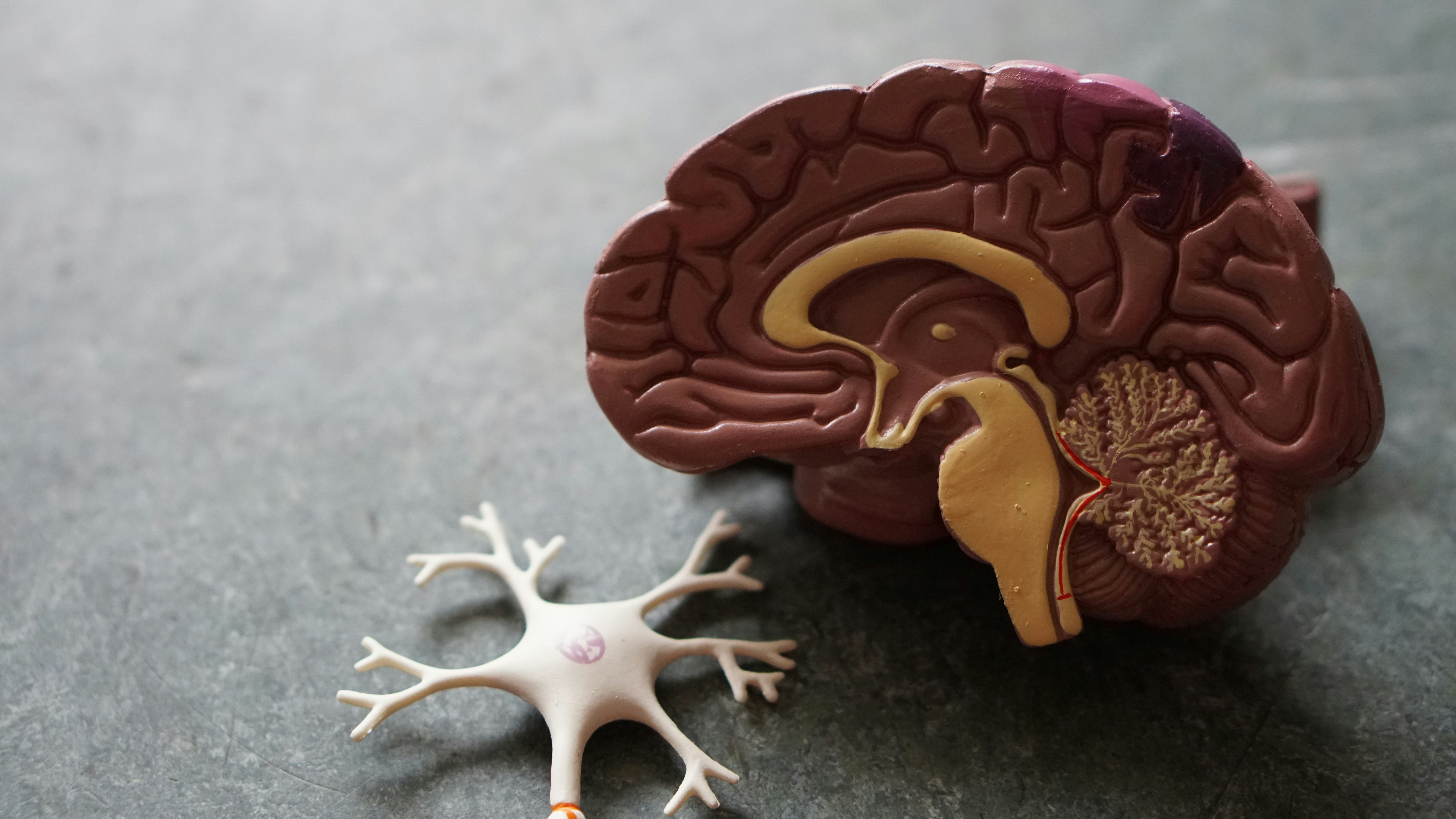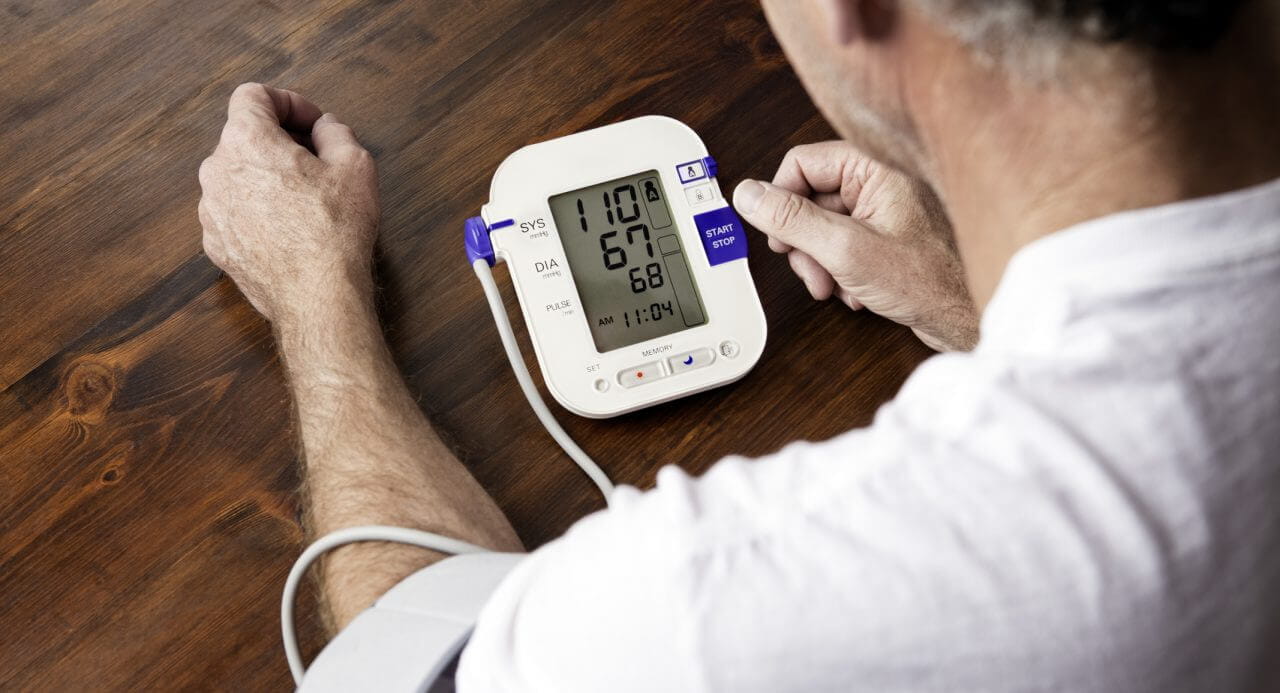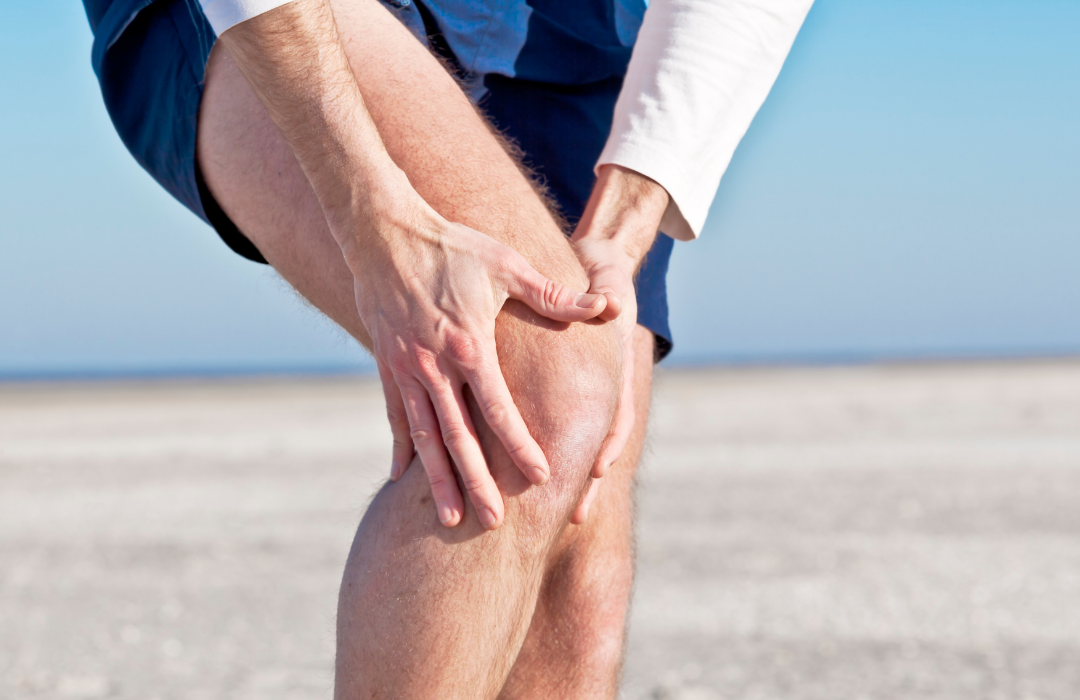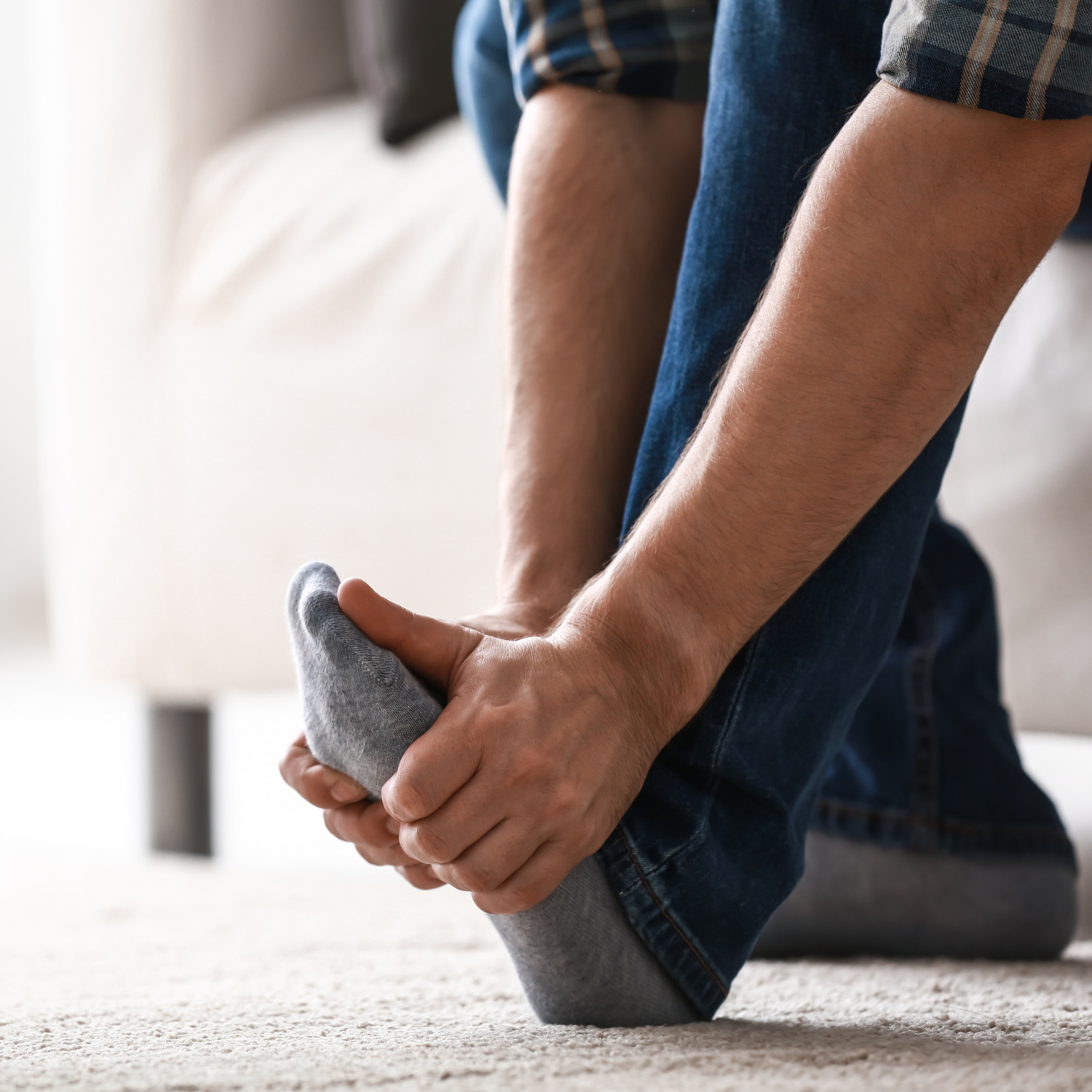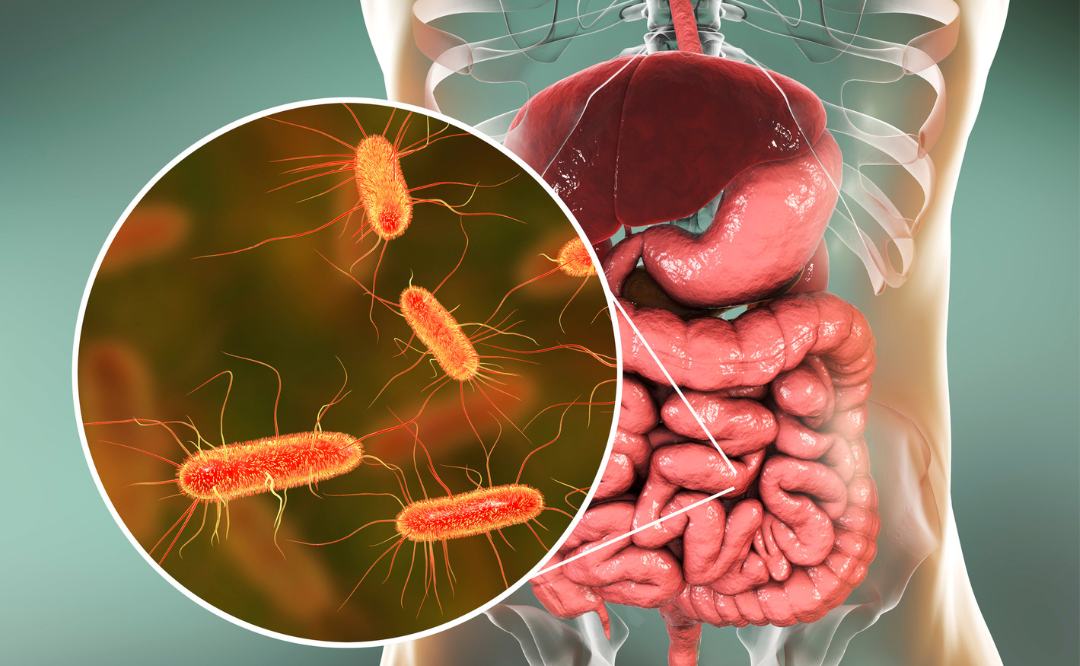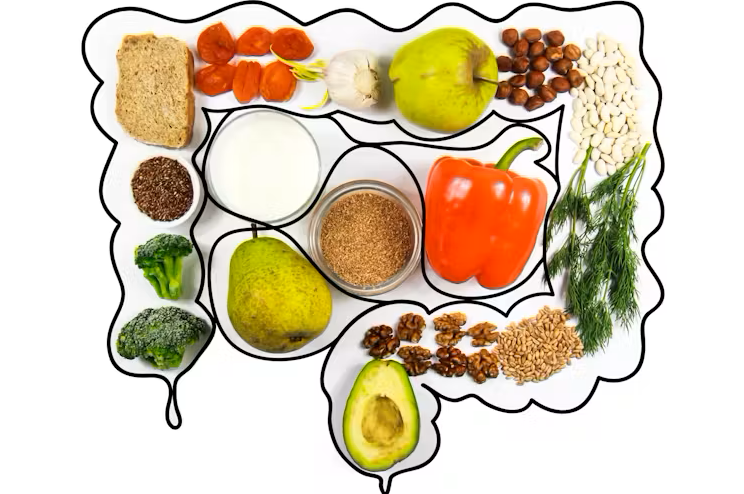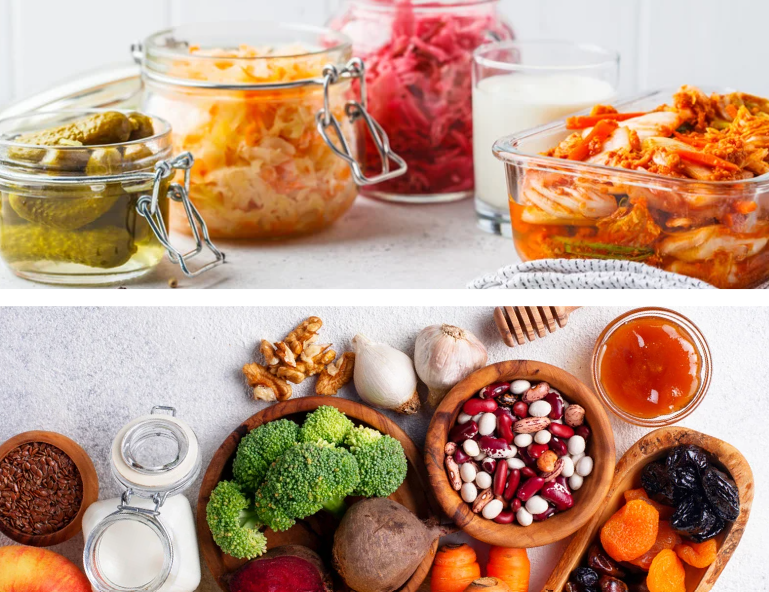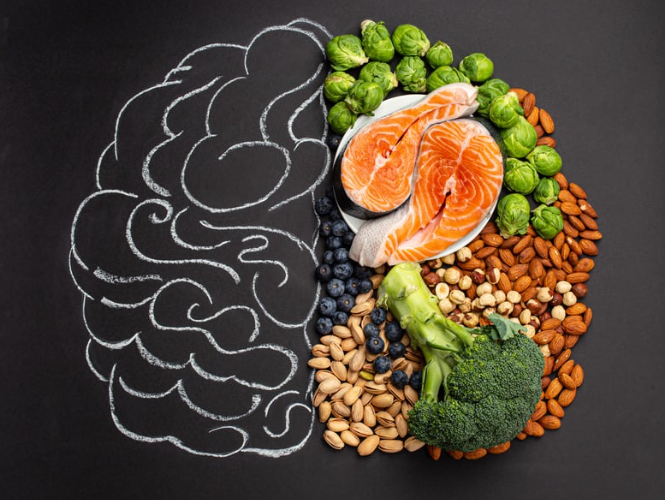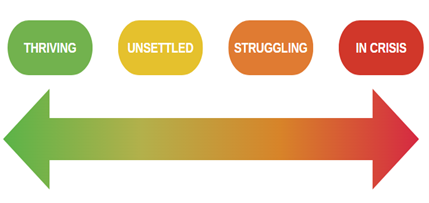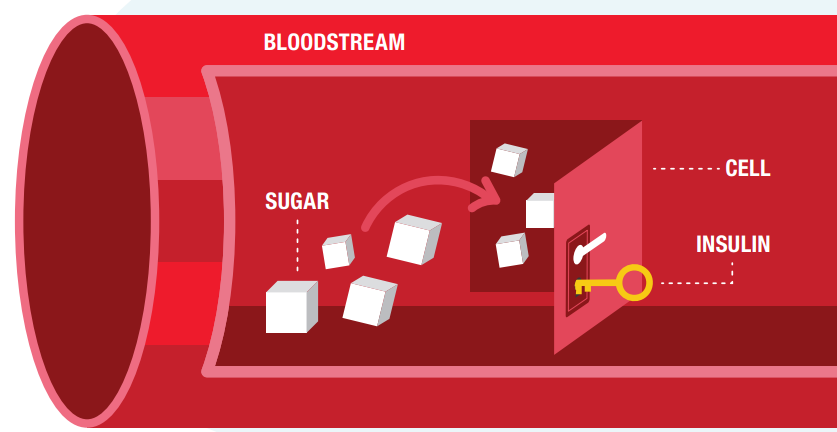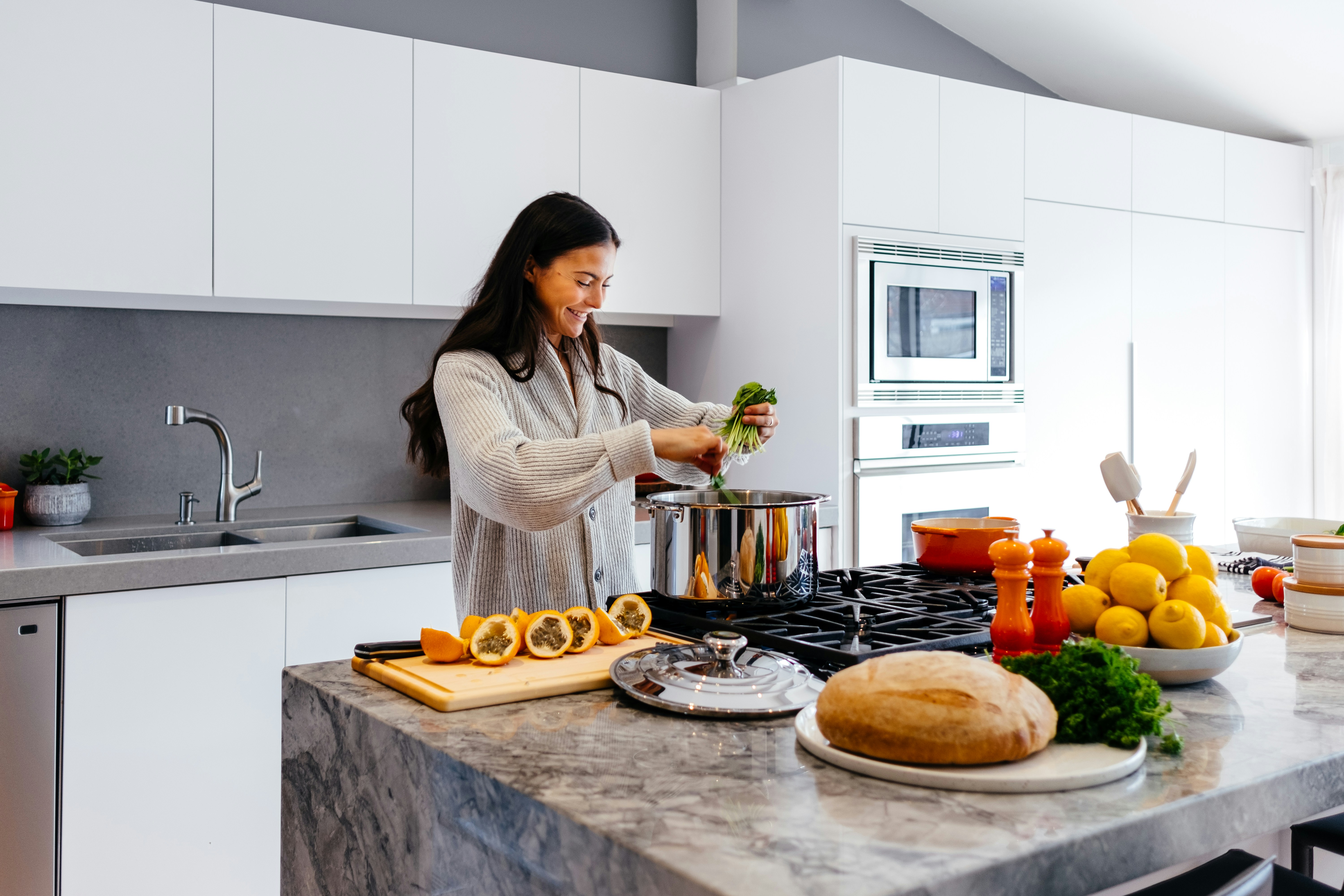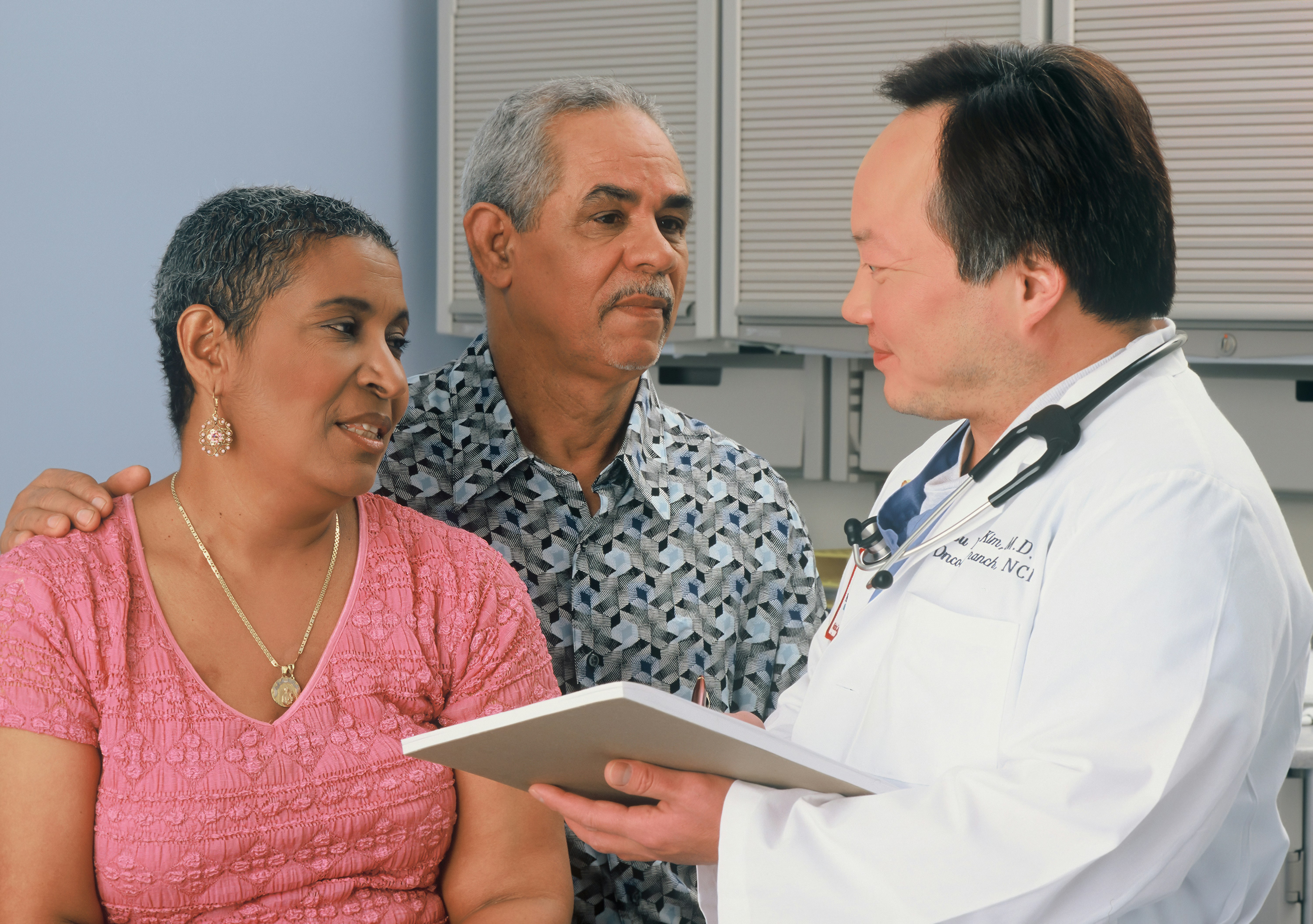
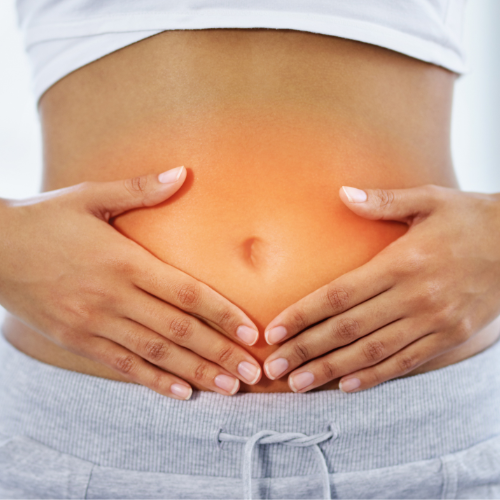
What is microbiome?
Inside our body we have trillions of microorganisms such as bacteria, fungi, parasites and viruses. This community of microorganisms is called a microbiome. In a healthy person these microorganisms live together peacefully, with the largest numbers found in the intestines.
Having a large variety of these microorganisms in your gut may help reduce the risk of conditions such as diabetes and inflammation of your intestines.
There are many things that affect your gut microbiome including:
- Taking antibiotics
- Eating too much processed food
- A high sugar diet
- Too much stress
- Drinking too much alcohol
- Smoking cigarettes
Here are a few signs of an unhealthy gut:
- An upset stomach including:
- Bloating
- Gas
- Constipation
- Diarrhea
- If you have skin conditions such as:
- Psoriasis
- Acne vulgaris
- Skin cancer
- Eczema
- If you have food intolerances such as lactose intolerance it may be caused by poor quality of bacteria in the gut.
- A diet high in processed foods and added sugars can reduce the number of “good” bacteria in your gut.
Here are ways you can improve your gut health:
- Eat a balanced diet. A balanced diet rich in fruits and vegetables provides the fiber that builds good bacteria and a healthy gut.
- Cut out sugar and avoid processed foods. Sugars are digested so fast that the microorganisms in your stomach do not get a chance to take a bite out of them. This can cause those hungry microorganisms to start munching away at your intestine lining which can lead to inflammation of your intestine. Instead, if you want something sweet, try mangos, bananas, sweet potatoes, berries, and apples.
-
Stock up on dietary sources of prebiotics. Prebiotics are food that your microbiome loves! Here is a list of dietary prebiotics that you should keep in your kitchen:
- nuts
- seeds
- garlic
- whole grains
- beans
- chickpeas
- lentils
- Ask your doctor if you can take probiotics or eat probiotic rich foods. Probiotics are live bacteria and yeasts that are good for your digestive system. Fermented foods, such as yogurt, kimchi, kombucha, and kefir are all excellent sources.
- Exercise. Research has found that the microbiomes of people who exercise regularly are healthier and more diverse. Start simple by adding just 20-30 minutes of walking each day.
- Take out time for yourself. Stress can negatively affect your microbiome. Add self-care activities into your day such as meditation and yoga to help reduce your stress.
















